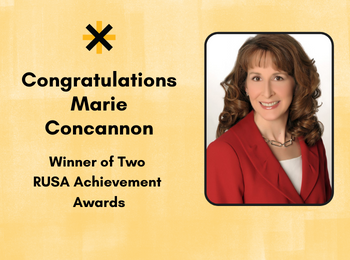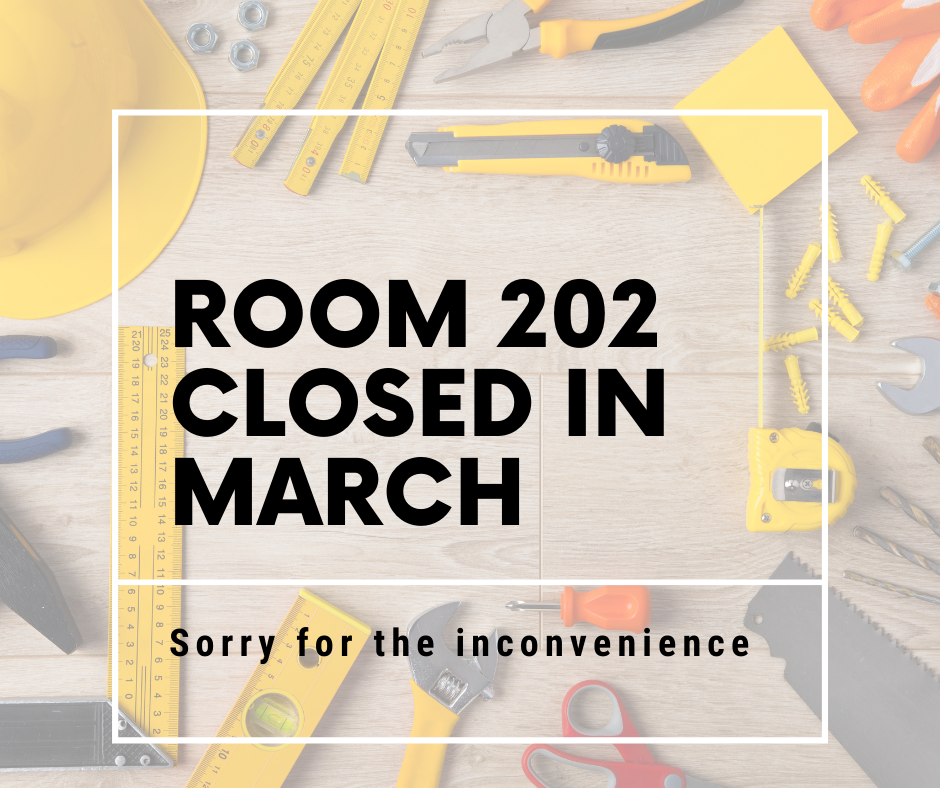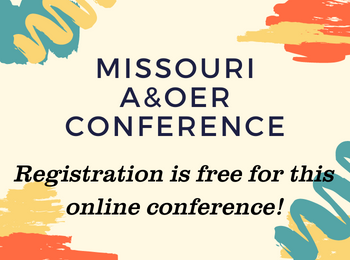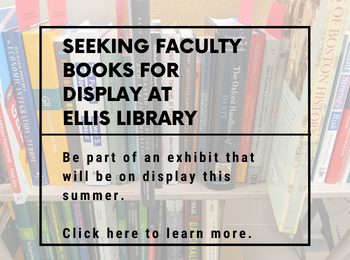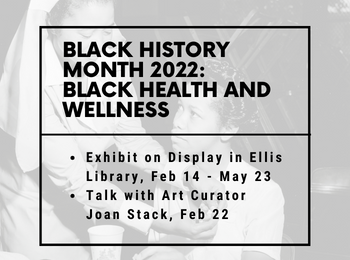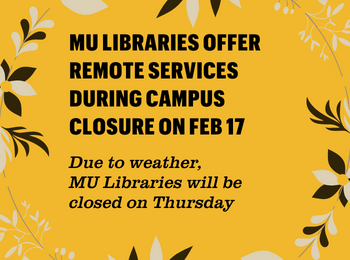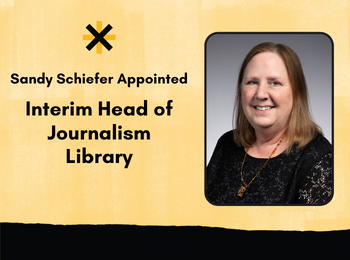Marie Concannon, head of government information and data archives for MU Libraries, was chosen for two awards by the Reference and User Services Association (RUSA), a division of the American Library Association (ALA).
Concannon was selected as the 2022 recipient of the RUSA History Section’s Genealogy/History Achievement Award, sponsored by ProQuest for her creation, research and management of the Prices and Wages by Decade library guide as well as her service to the library community and ALA. The award consists of a citation and a monetary award to a librarian, library or publisher, in recognition of professional achievement in historical or genealogical reference, service, or research librarianship.
In addition, she received the RUSA Award for Excellence in Reference and Adult Services Award for outstanding achievement in creating the Prices and Wages by Decade library guide, and for supporting a more informed citizenry by making economic history more easily accessible to all.
The Prices and Wages guide, which helps researchers locate primary sources showing historic retail prices and average wages, links mainly to government reports, but also includes catalogs and newspapers when relevant. The research guide has found fans across campus, the state, and the world since Marie Concannon, Head of Government Information, created it in 2012.
Esteemed research scientist Jay Zagorsky, who collects data for the National Longitudinal Surveys of the U.S. Bureau of Labor Statistics, is one of the latest scholars to use the detailed lists of resources for prices and wages throughout the history of the U.S. Zagorsky investigated how prices at high end restaurants have changed since 1899 using menus found via the guide.
Jeannette Pierce, associate university librarian for research, access, and instructional services, stated, “We are very excited to see that Marie’s hard work on this guide is being recognized. Marie’s expertise in the area of government information combined with her commitment to providing excellent service to library users makes her the perfect person to receive these awards.”
